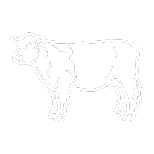deforestation compliance
EU DR made simple
Full EU DR compliance with our end-to-end software solution
We are proud to be funded and supported by




We ground our work in data, build strategy with precision, and execute with advanced technology — delivering seamless compliance, real-time traceability, and future-proof digital solutions
End-to-end compliance in real time. An integrated platform ecosystem that intelligently connects data. Designed for maximum efficiency, scalability, and future readiness.
Services
Core elements of our solution
Cover everything you need to streamline your deforestation compliance
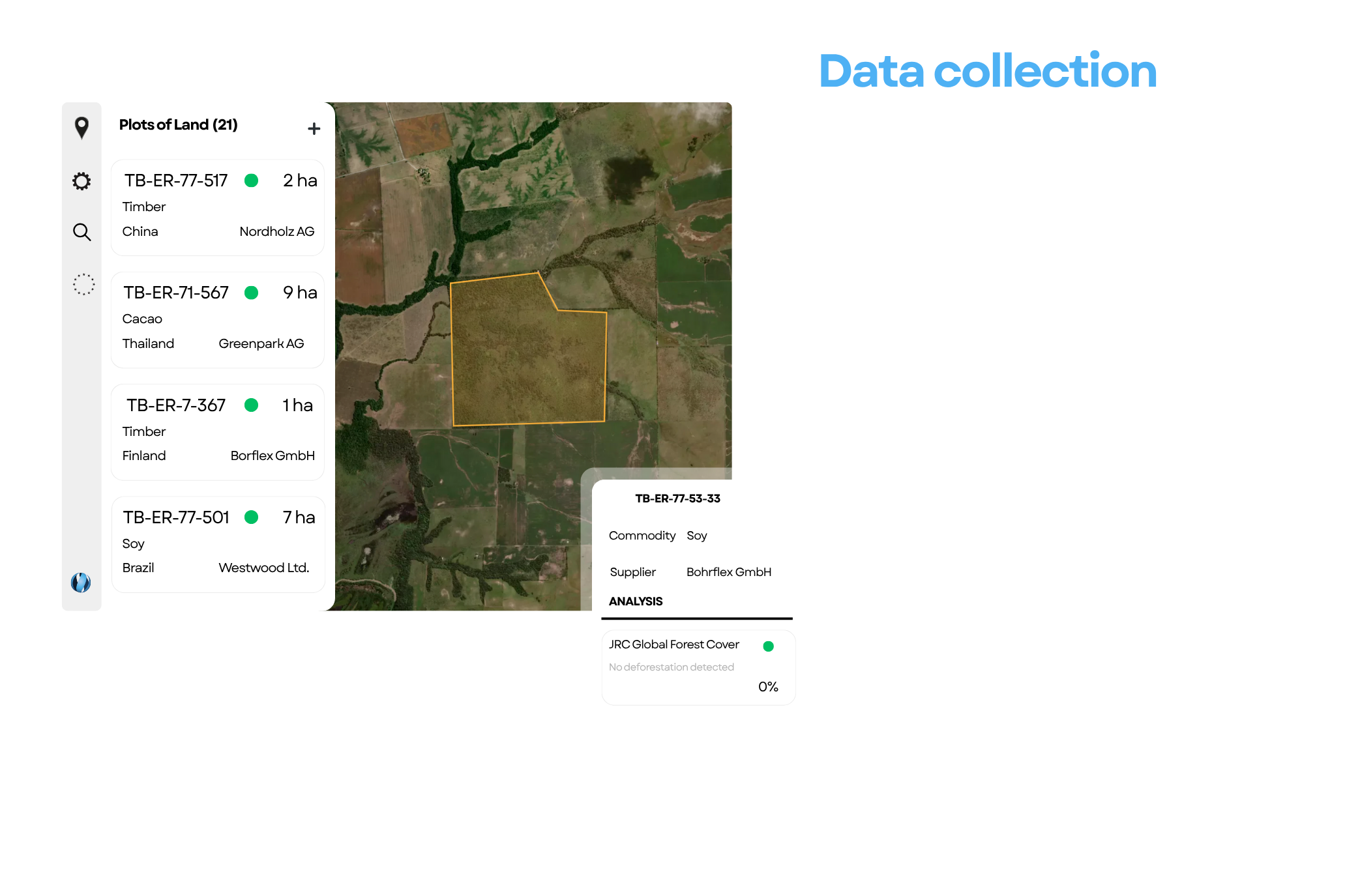
TRACES INTEGRATION
to upload your DDS
ERP INTEGRATION
via our API
FULL COMPLIANCE
without manual work
Core Elements
01
Polygon helps you collect precise geolocation data for your products’ cultivation areas, ensuring full transparency on their origin and exact coordinates.
02
Collect all information and evidence required under the EUDR from your suppliers — including tailored questionnaires, ownership documents, and certificates.
03
Our software automatically analyzes and verifies the cultivation areas recorded in the previous step for possible deforestation.
04
Based on your suppliers’ risk profiles, all collected legal information is reviewed for compliance. This includes evaluating completed questionnaires and validating the content of documents and certificates.
Countdown
left until the deforestation regulation comes into force.
Pricing
See what EUDR compliance would cost:
Get your offer
- 1️⃣ Select your commodities
- 2️⃣ Insert your basics
- 3️⃣ Hit enter
Our PROCESS
Get compliant. Stay ahead.
Here’s how we work together to get you from first contact to full EUDR compliance—efficiently and tailored to your needs.
FAQ Questions
Frequently Asked Questions
01
The EU Deforestation Regulation (EUDR) is a landmark law designed to prevent products linked to deforestation or forest degradation from being sold in or exported from the EU. Its goal is to reduce the EU’s contribution to global deforestation, curb biodiversity loss, and lower greenhouse gas emissions by ensuring that key commodities are produced sustainably and legally.
02
The EUDR currently applies to seven major commodities: soy, cattle, palm oil, wood, cocoa, coffee, and rubber, along with many of their derived products such as leather, chocolate, tires, and furniture. This list may expand in the future following EU reviews.
03
Any company placing the covered commodities or products on the EU market—or exporting them from the EU—is subject to the regulation. This includes producers, importers, exporters, and traders, regardless of whether they are based inside or outside the EU.
04
To comply with the EUDR, companies must ensure that their products:
Are deforestation-free (i.e., not produced on land subject to deforestation after December 31, 2020)
Have been produced in accordance with the laws of the country of origin
Are covered by a due diligence statement submitted before entering the EU market or being exported
Operators must implement a robust due diligence system, including risk assessments, risk mitigation where necessary, and annual reporting.
05
Companies must:
Collect data on the product’s origin, including geo-localisation coordinates (latitude and longitude) of the land used and the time of production
Assess the risk of deforestation or legal non-compliance in their supply chain
Take steps to mitigate any identified risks
Submit a due diligence statement confirming compliance before the product is placed on the market or exported
06
National authorities can impose severe penalties, including:
Fines of up to 4% of annual EU turnover
Confiscation of goods or related profits
Exclusion from public procurement and funding
Temporary bans on placing, supplying, or exporting products
Loss of eligibility for simplified due diligence procedures




